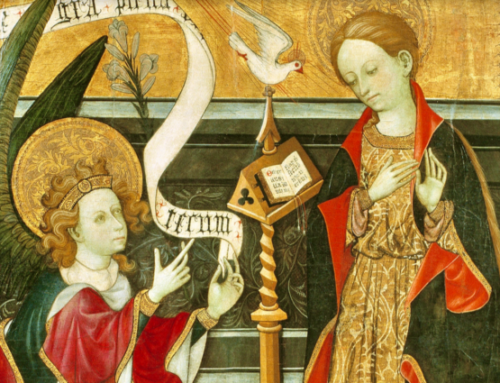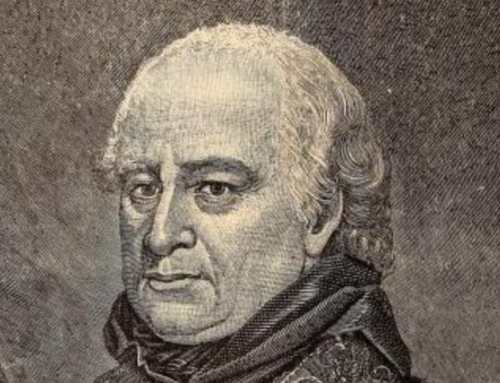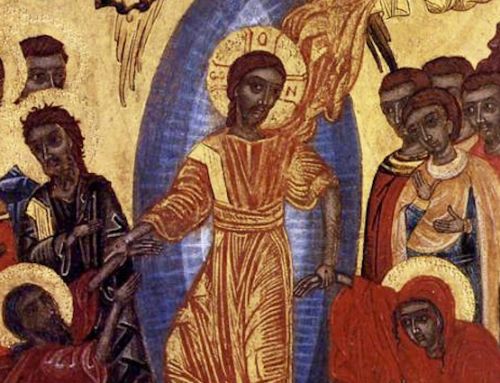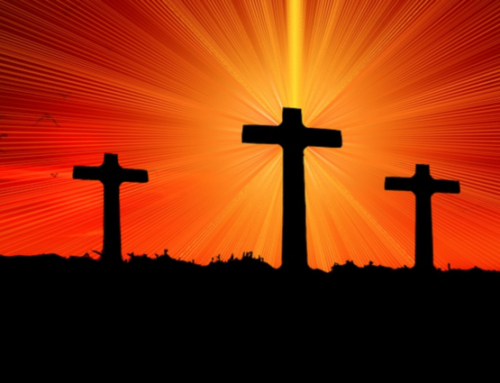 As winter descends, allow me to recommend to you, dear reader, six pieces of classical music that will warm your soul, as you curl up by the fire with a good book and a hot toddy.
As winter descends, allow me to recommend to you, dear reader, six pieces of classical music that will warm your soul, as you curl up by the fire with a good book and a hot toddy.
1. Peter I. Tchaikovsky: Symphony No. 1 (“Winter Dreams”)
His brother said he worked harder on it than on any of his other creations. The composer himself judged that it “has more substance and is better than any of my other more mature works.” Though some may disagree with Tchaikovsky that his First Symphony surpasses the achievement of the Sixth, the opera Eugene Onegin, or the great ballets, it indeed deserves to rank with his more famous Fourth and Fifth Symphonies, the Violin Concerto, and the First Piano Concerto. The symphony’s first notes vividly conjure in the listener’s mind “Dreams of a Winter’s Journey,” the first movement’s subtitle. The second movement, “Land of Desolation, Land of Mists,” is sublime, heartbreaking and haunting.
2. Richard Strauss, Eine Alpenesinfonie
“I am not a first-rate composer, but a first-rate second-rate composer,” Strauss famously said. I beg to differ. His tone poems are among the greatest creations of Western art, and even though his Alpine Symphony is supposed to be an allegorical, Nietzchean journey up the mountain of life to find the fountain of youthful human perfection and the grave of God Himself (or something like that—Strauss originally prefixed the title with “Der AntiChrist” in case anyone might miss the point), I prefer to dispense with all the philosophical subtexts and simply take this fifty-minute piece for what it is on the surface: the story of a man hiking alone in the Alps. Despite the presence of a wind machine in one section, the Alpine Symphony is never kitschy. Instead, Strauss makes us feel as if we are there, braving the glaciers and storms, enjoying the waterfalls and streams, and having our souls pierced by the majestic beauty of sunrise over the mountain peaks.
3. Erich Wolfgang Korngold: Der Schneemann
A child prodigy on the level of Mozart, Erich Korngold composed the ballet The Snowman (originally for piano) in 1908 at the ripe age of eleven. An immediate success, it catapulted him to international fame. Gustav Mahler labeled the boy a “genius,” and Korngold largely fulfilled his promise, composing several major symphonic works and four operas before he was thirty. A musical conservative, Korngold composed in the lush, chromatic style of late Romanticism and was therefore unpopular with the trendy music critics of his day, who preferred the atonalism of the Second Viennese School. Korngold stubbornly clung to the musical legacy of his adopted Vienna, championing the dance music and operettas of Johann Strauss. He eventually took refuge in Hollywood, both artistically and literally, as the Nazis consummated the Anschluss while the Jewish Korngold was in California working on a film project. During the 1930s and 1940s, Korngold composed scores for such films as Bette Davis’ Deception and The Private Lives of Elizabeth and Essex, Ronald Reagan’s Kings Row, and Errol Flynn’s swashbucklers, The Adventures of Robin Hood and The Sea Hawk. Korngold’s greatest music for the concert hall, his Violin Concerto and his Symphony in F sharp major, were composed during this time also and alone ought to secure for him a place in the ranks of the great composers.
4. Nicolai Rimsky-Korsakov: Suite from The Snow Maiden
Taken from his opera, which tells the fantastical Russian folktale of the Snow Maiden who brings a fifteen-year-winter to a village, Rimsky-Korsakov’s music is sparkling, the equal of his compatriot Tchaikovsky in this genre in every way.
5. Alexander Glazunov: Winter from The Seasons
You were expecting Vivaldi in this spot? That choice was too obvious for the present essay, so I decided to go with a Seasons you likely have never heard. Like Rimsky-Korsakov, Glazunov is overshadowed today by his compatriot, Tchaikovsky. Though this is more justifiable in Glazunov’s case, his ballet The Seasons should be performed much more often, as it is simply delightful. At forty minutes, it never outwears its melodic welcome.
6. Sergei Rachmaninoff: “The Silver Sleigh Bells” from The Bells
A choral piece by Rachmaninoff based on Edgar Allan Poe’s poem, The Bells? Who would have guessed it? This is actually a forty-minute choral symphony, a faithful setting of Poe’s words, which takes the listener on a journey from the jauntiness of the first movement’s evocation of a sleigh ride, to the celebration of marriage’s delights, to the terror of nighttime alarm bells, and finally to the melancholy of the tolling bells of death. Rachmaninoff’s music and Poe’s words masterfully capture the strange beauty of winter’s death.
Playlist of these works (Spotify subscription required):
The Imaginative Conservative applies the principle of appreciation to the discussion of culture and politics—we approach dialogue with magnanimity rather than with mere civility. Will you help us remain a refreshing oasis in the increasingly contentious arena of modern discourse? Please consider donating now.
The featured image is courtesy of Pixabay.







OR how about Vivaldi’s Winter? For a dark and stormy winter night, Ralph Vaughn Williams’ Norfolk Suite or Sinfonia Antarctica (Symphony No. 7) are also quite appropriate.
See above in the Glazunov section in regard to Vivaldi; In regard to RVW, I simply have never warmed to him.